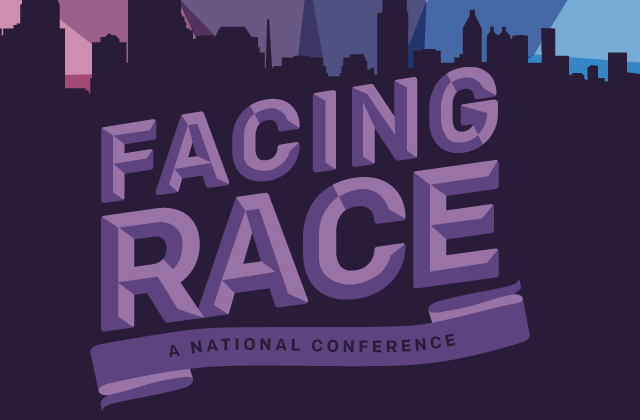Charlotte. Tulsa. Columbus. Baton Rouge. We can’t turn on the TV, read a newspaper, or go online without facing the horrifying news of another extrajudicial police killing of a person of color. It would be even more heartbreaking if Korryn Gaines, Jesse Romero, Terence Crutcher, Keith Lamont Scott, Alfred Olango and so many others died at the hands of the state without anyone but their loved ones caring or even knowing what happened to them.
Five years ago, corporate media virtually ignored most shootings, beatings, Tasings and other forms of brutality by police, allowing systemic violence and racism within American law enforcement to continue unchecked.
But groups in the movement for Black lives such as Black Lives Matter and BYP100 have organized around these killings, pairing savvy social media activism with offline organizing for police accountability. The movement for Black lives forced mainstream journalism to report police violence as newsworthy, and to investigate active discrimination and implicit bias against people of color by law enforcement.
There is much more work to be done, but this massive narrative shift in corporate media, coupled with pressure from racial justice activists online and in the streets, has transformed our political discourse and forced presidential candidates to discuss how they would reduce racialized police violence.
At “Facing Race: Our Stories, Our Solutions,” the eighth conference of Colorlines’ publisher Race Forward, media justice activists, media literacy educators, journalists, filmmakers, artists, and telecom policy experts will share the whys, whats, and hows of their work to transform the media for the health and welfare of our communities.
Here, three speakers from the Facing Race Arts, Media, & Culture track tell Colorlines why they focus on media as changemakers — and how they hope to inspire conference attendees this November:
Can you tell Colorlines readers a little about your work, and why you are passionate about using media in pursuit of racial justice?
Bridgit Antoinette Evans: I am an artist, producer and culture change strategy designer. Social justice leaders often commission me to create narratives aimed at producing profound shifts in pop culture narratives, values, and beliefs. We can’t achieve social change without working to awaken people’s emotional and creative lives, in coordination with policy and grassroots strategies.
Regine Sawyer: I own Lockett Down Productions Publications, where we create cutting edge Sci-Fi comics. I’m also the Founder and Coordinator of Women in Comics Collective International. We host panels, workshops, art shows, and our own convention in NYC called WinC. Our lives, families, hopes, and dreams matter, and our media should reflect that.
Brian Walker: As a national racial justice organization, the goal of Color Of Change is to improve media representations and inclusion of Black people in film and television. We’re currently leading efforts to engage screenwriters, producers, executives and creators of content for major networks including Netflix, ABC, Hulu, PBS and more.
If members of the Colorlines community attend your session at Facing Race, what might they learn?
Regine Sawyer: In my session, “Ink and Liberation Panel: Superheroes, Comic Books and Racial Justice,” folks will learn how to use comics as a visual and literary medium to impact literacy. We’ll discuss how different representations of race, gender and class can empower communities. They’ll learn that working in the comics industry is a viable career option for people of color.
Brian Walker: During our session, "The Revolution Will Be Televised: How Social Justice Advocates Can Leverage the Promise Of Pop Culture to Create Real Change," attendees will gain insight into the ways that Color Of Change’s Hollywood Culture Project team engages writers and producers on pitching storylines critical to reshaping and amplifying issues that impact our community. We’ll share examples of our past work with the writers at Black-ish, Being Mary Jane, East Los High, and other projects, to show people how to collaborate with entertainment professionals and issue experts in developing authentic, issue-related storylines for content creators to integrate into their existing storylines.
Bridgit Antoinette Evans: In “How to Use your TV: Using Small Screens to Move Racial Justice,” I’ll discuss why television is the most important site in America for experimentation in pop culture-driven change strategy. We need to study up and dive in. This panel brings Facing Race attendees into an exploration of the TV eco-system and the ways racial justice advocates can enter this exciting space and work to re-shape the narratives, stories and characters that bring meaning to millions of people every day.
